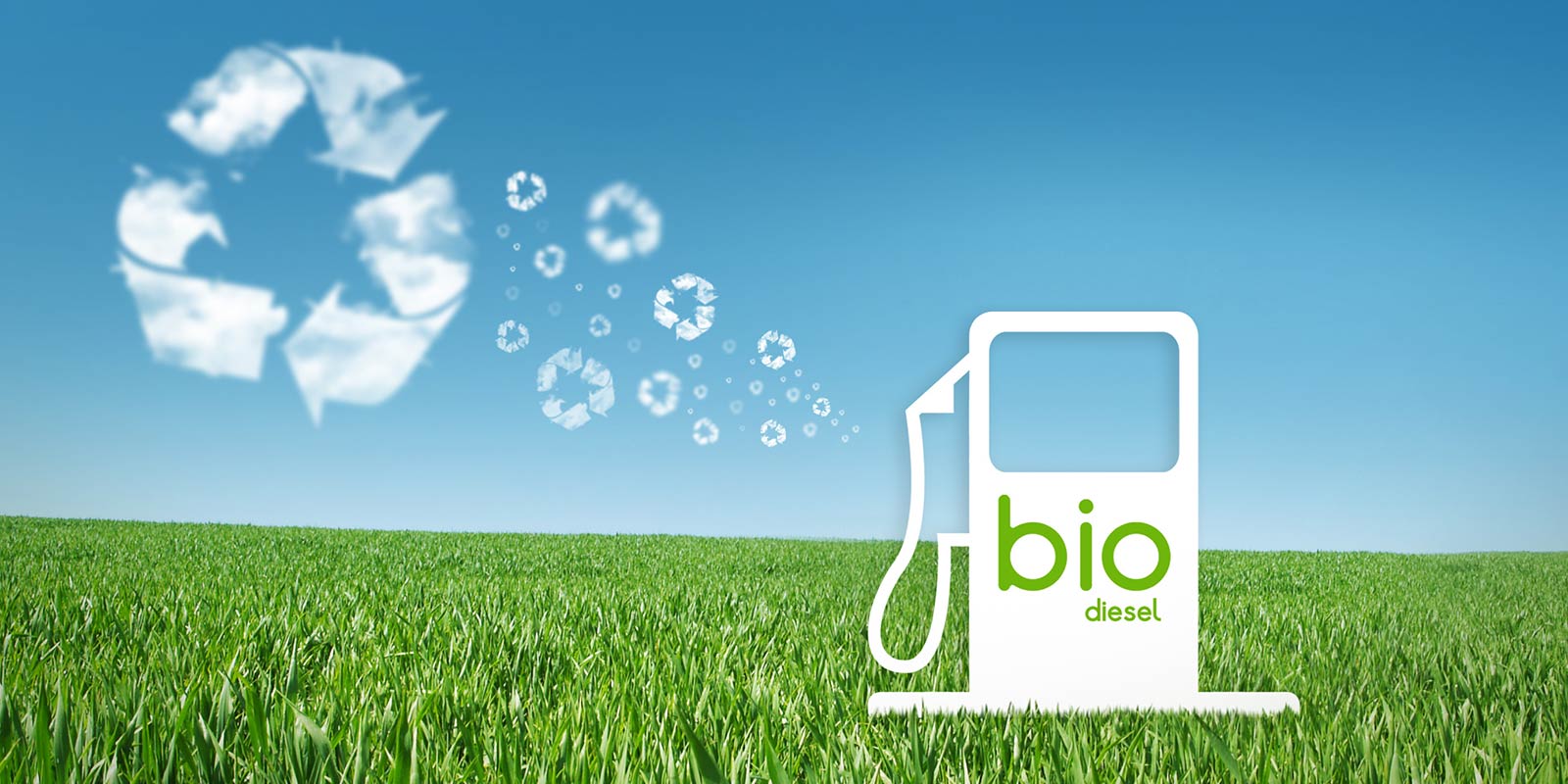- NNPC, Kogi to Sign Biofuel Production MoU Tuesday
The Nigerian National Petroleum Corporation and the Kogi State Government will on Tuesday sign a Memorandum of Understanding for the production of ethanol, an organic biofuel that can be used to power automobiles.
According to the Governor of Kogi State, Yahaya Bello, the MoU will see to the development of cassava and sugarcane plantations in the state, from where the biofuel can be developed in commercial quantity.
Bello, who disclosed this at a meeting in Abuja, also called on private sector investors to invest in Kogi, particularly in the agricultural sector.
He said that the state was looking for those who would invest in the processing of crops, serve as off-takers and promote backward integration.
He said, “There is this MoU between the NNPC and the Kogi State Government for the cooperation in the promotion and development of cassava and sugarcane plantation and fuel/ethanol projects in the state coming up very soon.
“I’ve just met with the Group Managing Director of the NNPC, Maikanti Baru. He indicated interest, and that I should give him a convenient date when he would be in the state to sign the MoU. And I’m looking forward to the first ever Kogi State Economic Summit that is coming up on February 13, 2018 where we shall sign that MoU.”
On the call for investment i the agricultural sector in Kogi State, Bello stated that he decided to engage private sector operators in order to drive the whole value chain of the state’s economy.
He said, “Specifically, Kogi State is seeking collaboration in the area of processing. This is because the critical factor militating against maximising the potential in the Nigerian agricultural sector is lack of processing or value addition to our farm produce. In fact, in Kogi State, there is no processing of any significant level.
“We seek off-takers of our produce as the lack of this is another major reason for post-harvest loss in the agricultural sector. Hence, whatever we do to provide market for our finished products will go a long way.”
On the need for backward integration in the state, he observed that farmers in Kogi State were constrained by not only finance, but also lack of support in critical areas.
“Companies can better secure their future by creating their own raw materials supply chain with selected farmers. This leads to efficiency in sourcing for the raw materials and economic viability arising from a reduction in cost of importation,” Bello said.
He further stated that agriculture was the main stay of the economy of Kogi State, stressing that making agriculture a business concern and not just farming for farming sake was one of the top priorities of his administration.

 Forex3 weeks ago
Forex3 weeks ago
 Naira3 weeks ago
Naira3 weeks ago
 Billionaire Watch3 weeks ago
Billionaire Watch3 weeks ago



 Naira3 weeks ago
Naira3 weeks ago






 Naira3 weeks ago
Naira3 weeks ago




 Naira2 weeks ago
Naira2 weeks ago




 Naira4 weeks ago
Naira4 weeks ago






 Naira2 weeks ago
Naira2 weeks ago
























